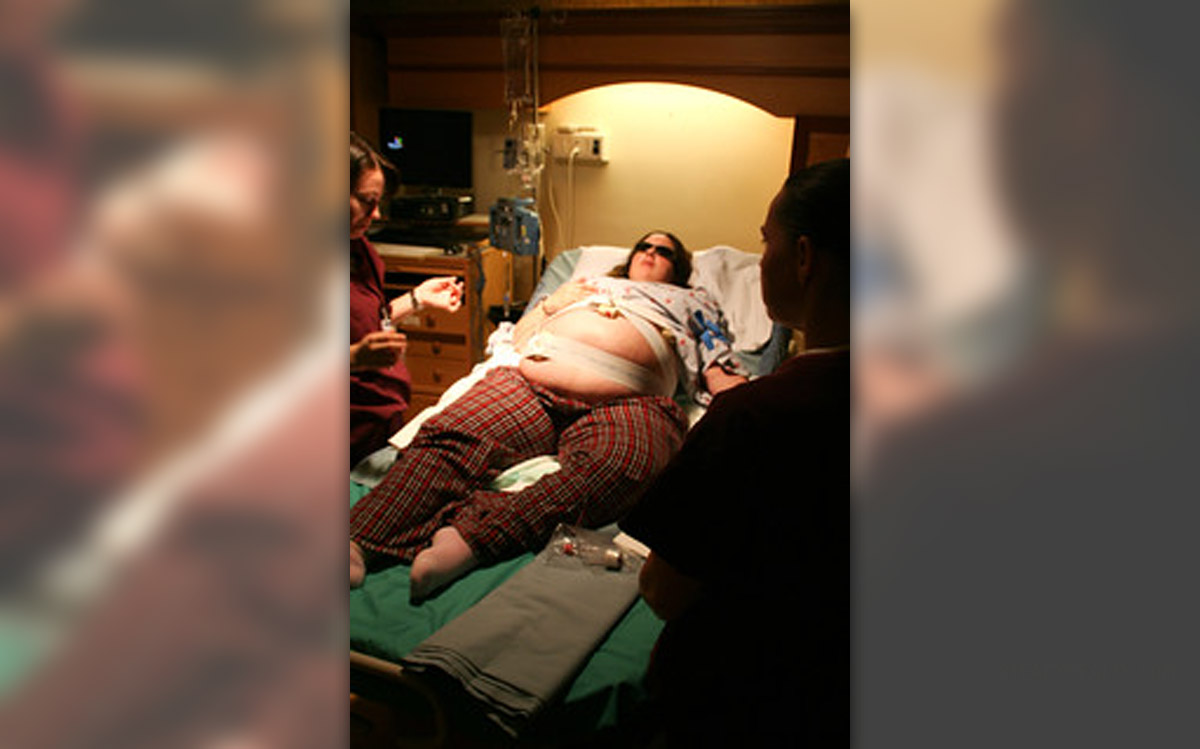Are you expecting your first baby? Congratulations! You may be excited and a little nervous during your first prenatal appointment, and the subsequent visits too. Knowing what to expect may make you feel more at ease. What tests are usually carried out during pregnancy as a matter of routine?
Blood tests to check hematocrit and hemoglobin, as well as platelet count, so that appropriate measures can be taken in time if you are anemic, or have problems with a low platelet count, and the blood clotting issues that come with that. Your blood type and Rh status will also be routinely checked.
Urine tests peeing in a cup may be a little awkward, but there is lots of information to be gathered from your urine! Urinary tract infections, and potential blood sugar issues, are among the things that can be discovered this way.
Ultrasound during pregnancy is pretty exciting, but it s just another diagnostic tool, a test , if you like. Your healthcare team will check that all the organs are present intact, and your baby s growth is on track. You can be offered a more extensive diagnostic ultrasound if something seems unusual.
Screening for diseases such as HIV, Chlamydia, syphilis, Hepatitis B, as well as vaccine-preventable diseases like rubella, are almost always routinely carried out during pregnancy.
Gestational diabetes can be screened for in several ways. Urine tests are the first stage, but there is also the more extensive glucose test if you are deemed to be at risk for diabetes during pregnancy.
Group B Strep tests usually take place at the end of the third trimester, if you are in the United States. GBS infections can be extremely dangerous to newborns, but many European countries don t routinely test for it.
Women who have higher-risk pregnancies can expect to be offered additional tests, including so-called double and triple tests, and amniocentesis.



Your thoughts on this
Loading...